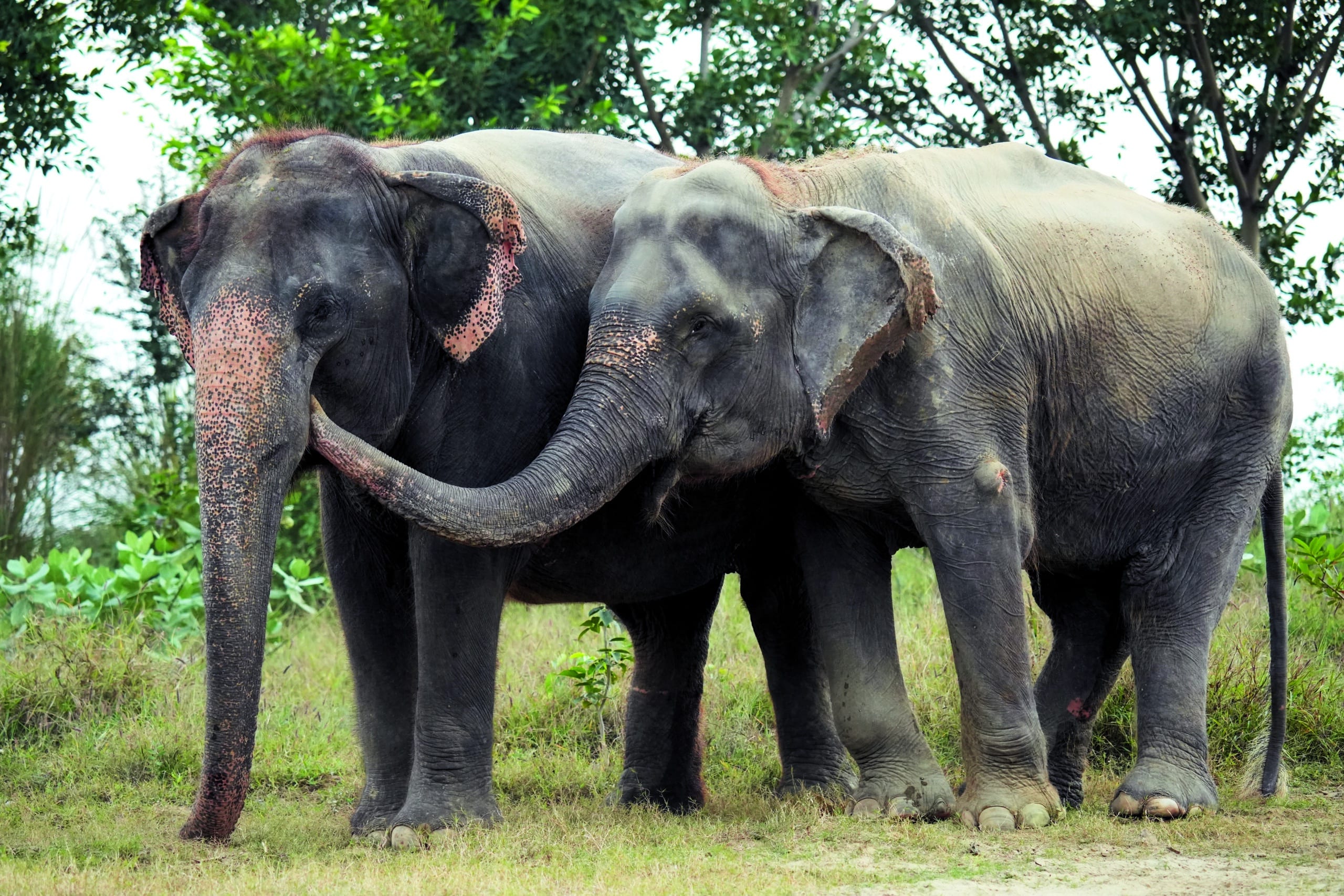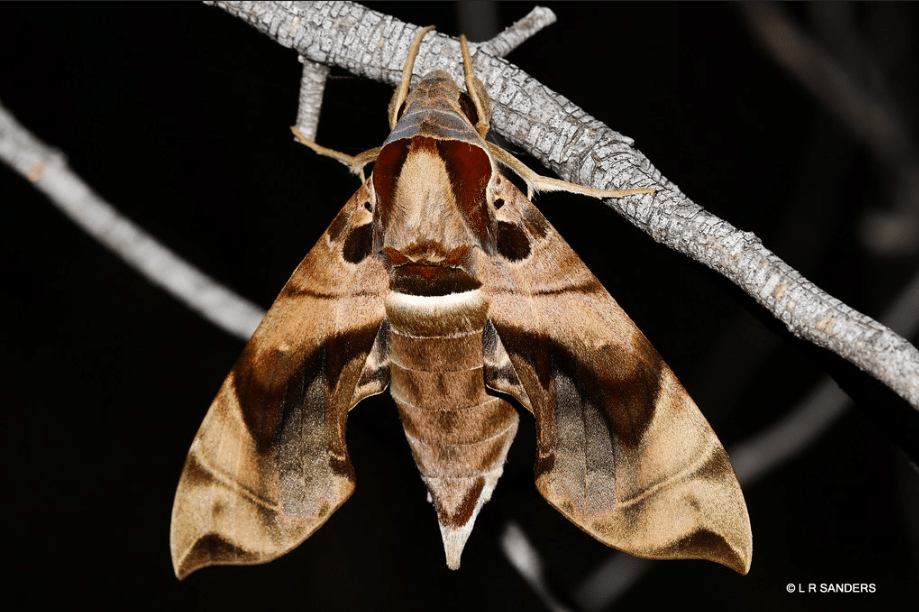You might remember Kalpana—I am happy to report that this year she celebrates her fifth rescue anniversary at Wildlife SOS. Formerly exploited and abused as a ‘begging’ elephant in Uttar Pradesh, Kalpana was rescued in 2019 and brought to the Wildlife SOS Elephant Hospital Campus (EHC) in Mathura for comprehensive...
In what is perhaps the most meaningful fur-free announcement worldwide to date, luxury fashion brand Gucci has proclaimed that its future is fur-free. After working with Humane Society International (HSI) and the Italian-based animal welfare group LAV (a member, with HSI and The Humane Society of the United States, of the Fur Free Alliance), Gucci’s president and CEO Marco Bizzarri shared the news today during the 2017 Kering Talk at the London College of Fashion. The policy begins with the brand’s spring/summer 2018 collection.
In 2009, Gucci hosted me for a meeting with their senior leadership in Florence to discuss the use of fur in their products. At the time, I was greatly impressed by the company’s record of concern for social and ecological issues and its commitment to corporate social responsibility. To its credit, Gucci kept up the dialogue with us for eight years, and today, patience paid off. With this announcement, Gucci has signaled to the entire luxury fashion industry that it’s time to move away from using fur.
“Being socially responsible is one of Gucci’s core values, and we will continue to strive to do better for the environment and animals,” Bizarri said. “With the help of HSUS and LAV, Gucci is excited to take this next step and hopes it will help inspire innovation and raise awareness, changing the luxury fashion industry for the better.”
An open filming investigation was conducted in 2015 by VShine, commissioned by Humane Society International, at a rabbit fur farm in China. Up to 10,000 rabbits are slaughtered every day, with rabbits crammed into cages so small they cannot stand up.
Gucci is owned by the luxury conglomerate Kering, which also owns the fashion brands Yves Saint Laurent, Balenciaga, Alexander McQueen, Bottega Veneta, and the fur-free brand Stella McCartney, among others. Gucci remains Kering’s jewel in the crown, bringing in more than half of the company’s luxury sales at $4.7 billion last year. Gucci is also #47 on Forbes’ list of Most Valuable Brands in the World.
The series of fur-free announcements in recent years, from Hugo Boss, Armani, Yoox Net-a-Porter, and now Gucci, amounts to an unmistakable and hopefully irreversible trend in the fashion world. Luxury brands had been the biggest holdouts on fur policy, until recently.
It’s becoming increasingly clear that fashion brands, even in the luxury market, realise that today’s consumers just aren’t buying fur like past generations did. Take a look at the remake of the popular 1980s TV series “Dynasty”: though the original was full of fur, as New York Times recently pointed out in comparing the costumes between the original series and the remake, today, “the fur won’t fly.” That’s why “the creators and the costume designer decided together to be cruelty-free.”
Photographer and activist Jo-Anne McArthur has been photographing and documenting the fur-farming trade, animal conditions and environment since 2009 throughout Canada and Europe. This raccoon dog and her pups were kept in atrocious conditions at a fur-farm.
Indeed, today’s consumers don’t find anything glamorous about killing and skinning animals for their fur, especially with the availability of faux fur options that mimic the look and feel of fur. Consumers don’t want any part of cruelty when they have functionally equivalent alternatives. They want to feel good about what they buy, and are more likely to support companies that are actively working to be more responsible. Gucci’s decision to tap into that sentiment is good for business and animals alike. It’s the march of progress in the humane economy.
Thank you, Gucci, for caring. Animal advocates, celebrate the change.




